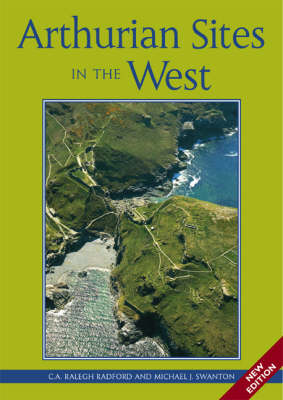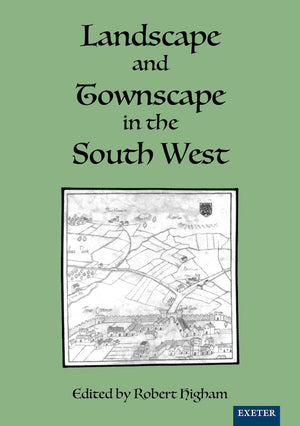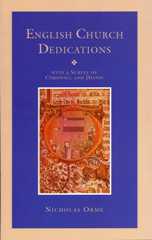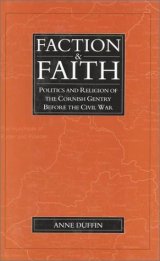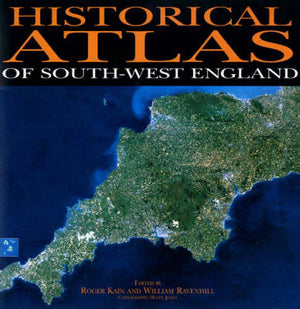University of Exeter Press
Cornwall in the Age of Rebellion, 1490–1690
Couldn't load pickup availability
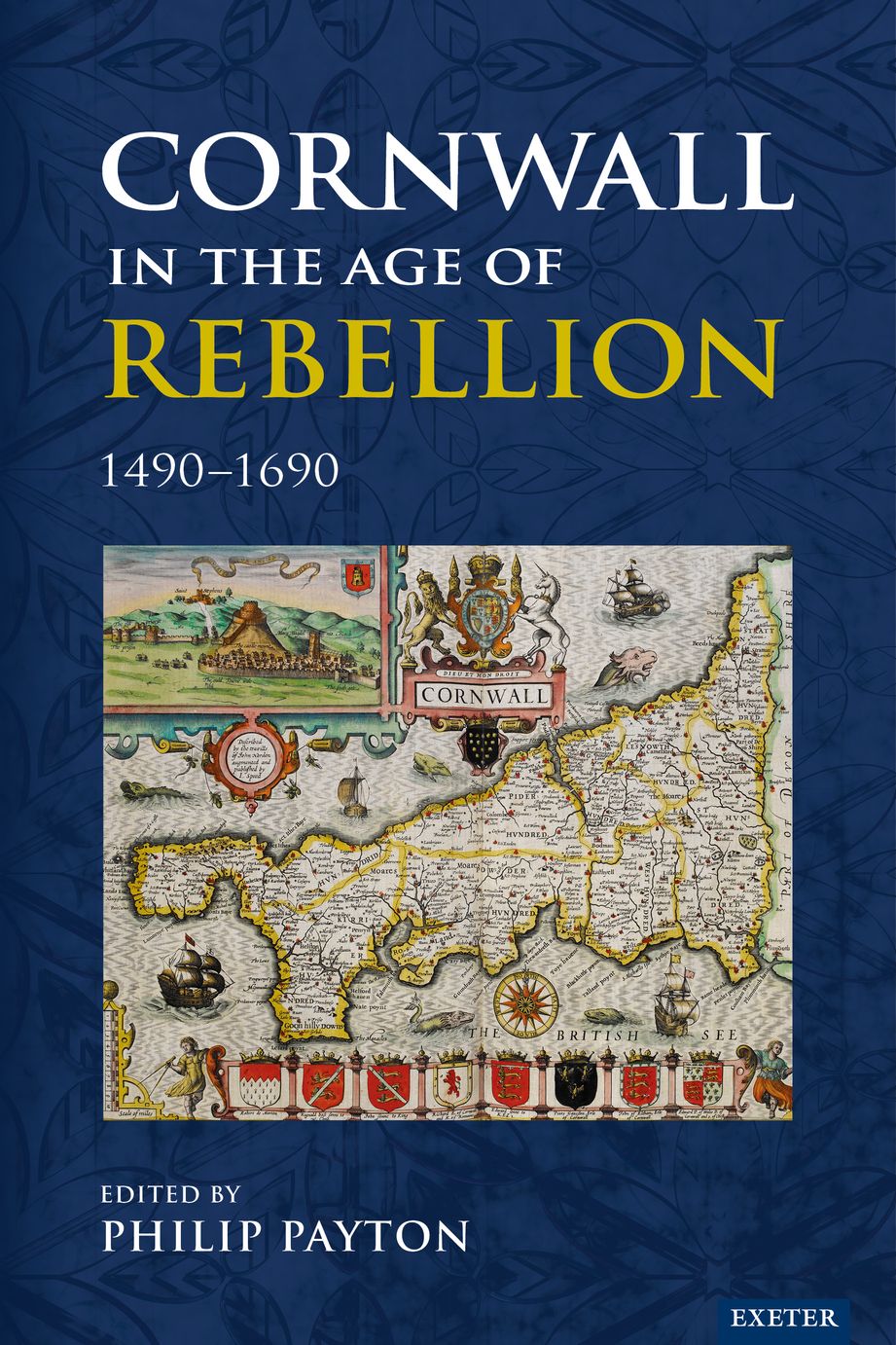
- 438 Pages
The expansion of the English state in the early modern era provoked resistance throughout Britain and Ireland, not least in Cornwall where this intrusion was challenged in a series of dramatic uprisings in the two centuries between 1490 and 1690.In this wide-ranging collection of chapters, several based on articles published previously in the series Cornish Studies, Philip Payton brings together an impressive team of international scholars, including Paul Cockerham, Bernard Deacon, D.H. Frost, Lynette Olson, Joanna Mattingly, Matthew Spriggs, and Mark Stoyle, to present a history of early modern Cornwall, focusing especially on the related issues of language, religion, identity and rebellion.
DOI: https://doi.org/10.47788/LZGH4973
This book brings together a number of specialist scholarly articles published previously in the series Cornish Studies, and presents them in revised form as a history of Cornwall in the early modern period, focusing especially on issues of language, identity and rebellion in the period 1490–1690.
This powerful multidisciplinary set of essays offers a nuanced and robust interpretation of the dynamic role of Cornwall in the turbulent shaping of the Tudor and Stuart state... The collection’s level of detail, profound analysis and new insights will do much to provoke fresh debates as to the salience of the Cornish experience within British socio-economic and political development.Colin H. Williams, Cardiff and Cambridge University
Cornwall in the Age of Rebellion captures the most insightful recent scholarship on the turbulent and distinctive Cornish experience of two centuries of dramatic political change, a period in which a modern Cornish identity was created. Between the covers of this important volume Trelawny lives!
Professor Chris Williams, University College Cork
This volume makes an important contribution to our understanding of Cornwall over a 200-year period. The chapters which have edited by an internationally-leading historian offer a fresh perspective on the age of rebellion in Cornwall. A valuable source of reference, the book significantly expands the range and depth of research in the field of Cornish Studies.Prof. Máiréad Nic Craith MRIA, FAcSS, Chair of Cultural Heritage & Anthropology, Heriot-Watt University
Cornwall in the Age of Rebellion Philip Payton
Where Cornish was Spoken and When? A Provisional Synthesis Matthew Spriggs
‘a . . . concealed envy against the English’: A Note on the aftermath of the 1497 Rebellions in Cornwall Philip Payton
Tyranny in Beunans Meriasek Lynette Olson
The Helston Shoemakers’ Gild and a Possible Connection with the 1549 Rebellion Joanna Mattingly
Glasney’s Parish Clergy and the Tregear Manuscript D.H. Frost
‘On My Grave a Marble Stone’: Early Cornish Memorialization Paul Cockerham
‘Sir Richard Grenville’s Creatures’: The New Cornish Tertia. 1644–46 Mark Stoyle
Afterlife of an Army: The Old Cornish Regiments, 1643–44 Mark Stoyle
William Scawen (1600–1689) – A Neglected Cornish Patriot and Father of the Cornish Language Revival Matthew Spriggs
Who was the Duchesse of Cornwall in Nicholas Boson’s (c.1660–70) ‘The Duchesse of Cornwall’s Progresse to see the Land’s End . . .? Matthew Spriggs
The Recent Historiography of Early Modern Cornwall Mark Stoyle
Propaganda and the Tudor State or Propaganda of the Tudor Historians Bernard Deacon
Conclusion Philip Payton
- 438 Pages
- 18 b&w photos, 7 maps, 4 tables, 18 Black & white photographs, 7 Maps, 4 Black & white tables









